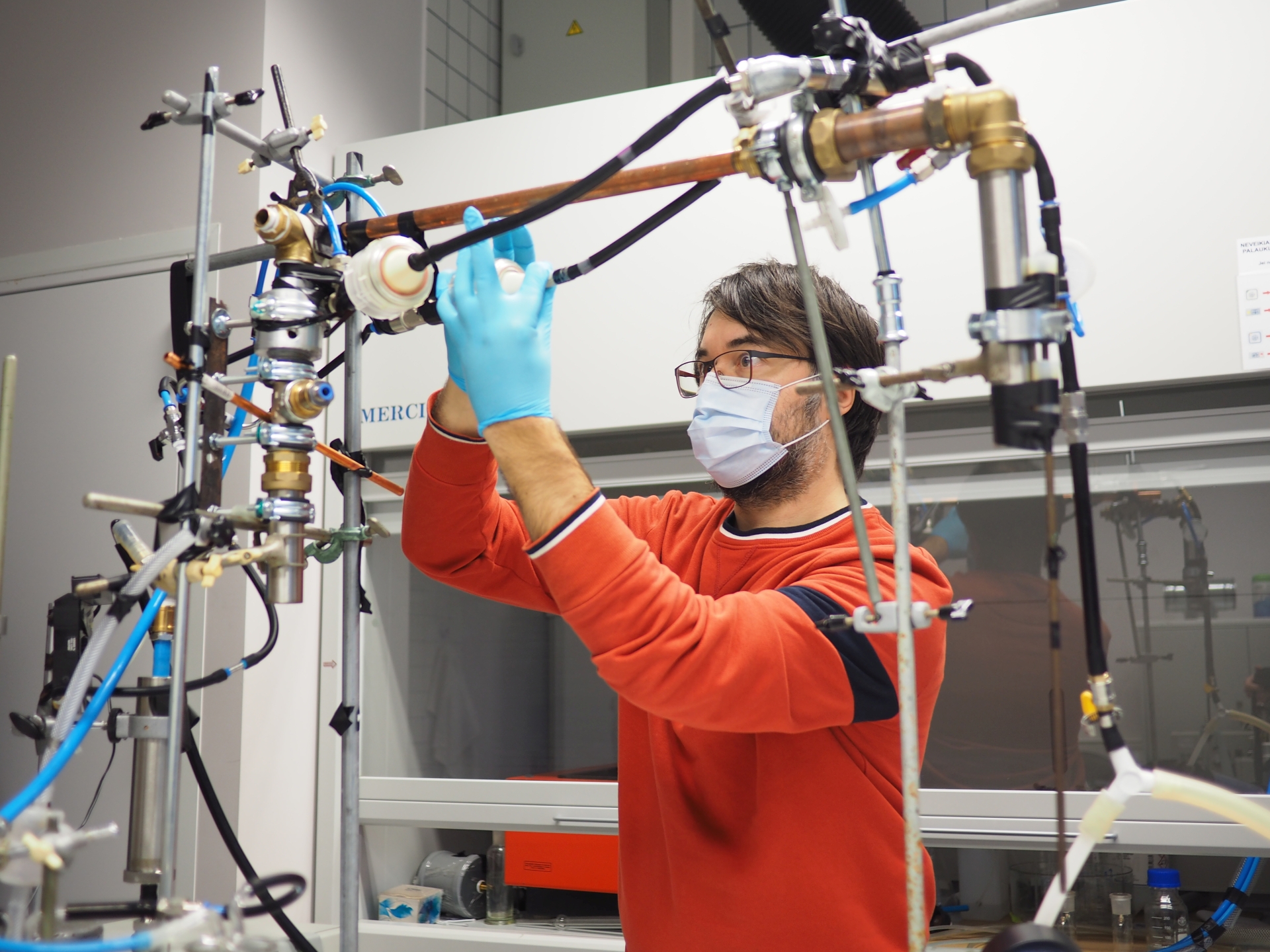
Title: Finnish Food Chemist Celebrates Victory with Dance in the 17th ‘Dance Your PhD’ Contest
In a mesmerizing blend of science, art, and dynamic expression, Sulo Roukka, a food chemist from the University of Helsinki, has taken center stage and secured the top accolade in the 17th annual Dance Your PhD competition. His choreographed journey into the sensory science of food not only garnered him first place in the chemistry division but also earned him the distinguished overall first prize, amounting to $2750 (£2070) in total awards.
Dance Converges with Science
The Dance Your PhD competition is an innovative initiative organized by Science and the American Association for the Advancement of Science (AAAS). Open to graduate students globally, the contest invites participants to convey their thesis work through the medium of interpretive dance. Winners are chosen across four primary categories—biology, chemistry, physics, and social sciences—with recently introduced special categories such as artificial intelligence and quantum science.
Roukka’s performance explored the concept of chemesthesis—an often-neglected area in food science. Unlike taste or smell, chemesthesis refers to the chemical-induced sensations we experience when consuming certain foods. Consider the intense heat of capsaicin found in chili peppers or the invigorating sensation of menthol in mint leaves. These feelings stem from receptor activation in the mouth and skin, affecting our flavor perception beyond just the taste buds.
From Lab Coat to Stage Lights
The award-winning music video presents a dramatic and comical metamorphosis. It begins with Roukka in a classic lab coat, furiously noting on a whiteboard, visibly immersed in academic life. But swiftly the scene transforms—venturing into a realm filled with dazzling lights and vibrant choreography. Adorned in a striking red performance coat, Roukka dances alongside sequined backup dancers in an exuberant demonstration that reflects the sensory adventure of the chemicals he researches.
The performance also includes a cameo from Roukka’s PhD advisor, food chemist Mari Sandell, adding an additional layer of scientific credence to the performance.
“Dancing about chemical sensations might seem peculiar, but it’s incredibly enjoyable,” Roukka expressed in an interview with Science. “I experienced a Kylie Minogue fantasy.”
Collaboration and Community
Roukka attributes the triumph of the video to the joint efforts of friends, colleagues, and members of the university’s musical theatre community who lent their dance skills and production assistance. However, not everyone was thrilled with the casting selections—his six-year-old cousin was left disheartened by her exclusion. Roukka has playfully promised her a featured role should he undertake another thesis project.
Emphasizing Diversity in Scientific Communication
The Dance Your PhD competition serves as a vital platform for presenting new aspects of scientific communication. By merging interpretive movement with intricate scientific themes, the contest succeeds in making innovative research accessible, memorable, and even emotionally evocative for a wider audience.
This year also introduced a special award beyond the conventional PhD-focused entries. The AI/Quantum category showcased imaginative submissions free from thesis constraints, with the winner—Arfor Houwman from the University of Innsbruck—distinguishing himself with his 1980s-themed dance video on the laser cooling of ultracold atoms. His inventive combination of retro music and quantum mechanics secured him a $750 award.
The Embodiment of Science’s Power
Sulo Roukka’s vibrant performance serves as a testament that science is not limited to laboratories and classrooms. With creativity and a sense of rhythm, it can leap from academic texts to the stage. As more researchers adopt interdisciplinary methods of communication, the Dance Your PhD contest continues to motivate a new generation of scientists to share their discoveries with enthusiasm, flair, and a sprinkle of magic.
For additional details and to view the winning performances, visit the Dance Your PhD page on Science.org.